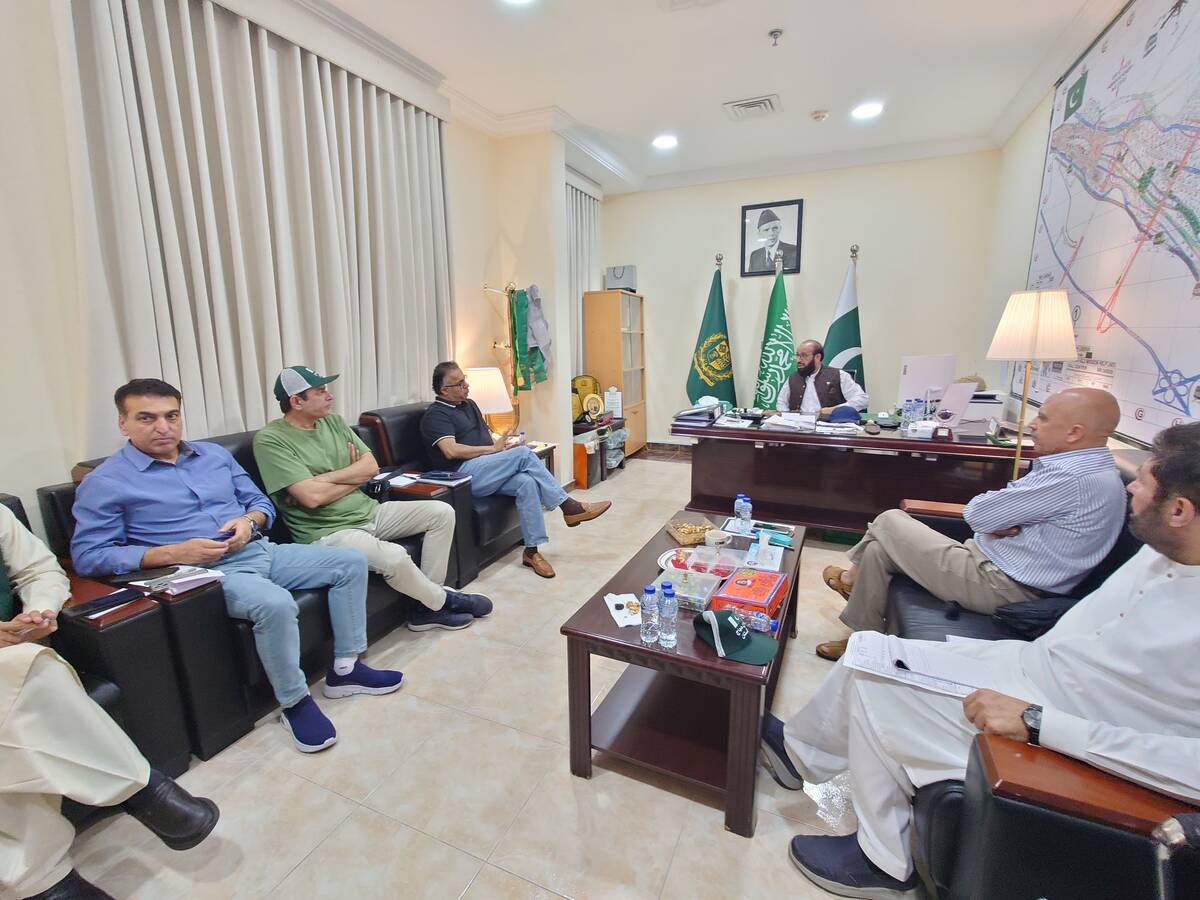KARACHI: Pakistan has transformed the Cybercrime Wing of its Federal Investigation Agency (FIA) into an autonomous organization and named the new agency as the National Cybercrime Investigation Agency (NCCIA), the FIA said on Tuesday, amid digital crackdown concerns in the South Asian country.
The development comes months after Pakistan introduced a new law to regulate social media content, with journalist groups and rights activists saying it is aimed at curbing press freedom and dissent on social media.
Enacted in 2016 and further tightened with amendments this January, the Prevention of Electronic Crimes Act (PECA) was drafted with the stated aim to combat cybercrimes such as hacking, online harassment, and data breaches.
In its statement on Tuesday, the FIA said the Pakistani government had given autonomous status to its erstwhile cybercrime wing in view of the “growing threats of cybercrime” and transformed it into the NCCIA.
“This new organization has been established under the name of National Cybercrime Investigation Agency, which has full authority to prevent, investigate and prosecute cybercrime across the country,” it said.
“This organization will take effective measures against online fraud, harassment, digital blackmail, fake websites, identity theft, social media crime and other cyber activities.”
The FIA said the public will now have to contact the NCCIA for the sake of investigation or complaints relating to cybercrimes, the FIA said, adding that the new agency could be reached at helpline number 0519106691 or email helpdesk@nr3c.gov.pk.
The development comes weeks after the Freedom Network, a Pakistani media and development sector watchdog, said the new social media law was being used as a “tool” by state authorities to suppress freedom of expression and target journalists. It released a data analysis for March 2025 documenting eight instances of threats against journalists, with three cases directly involving the contentious PECA legislation.
Pakistani officials have defended the PECA law, which provides for a social media regulatory authority that will have its own investigation agency and tribunals, according to a draft on the parliament’s website. Such tribunals will be able to try and punish offenders with prison sentences of up to three years and fines of two million rupees ($7,200) for dissemination of “false or fake” information.
“This is the first time the government has defined what social media is,” Information Minister Ataullah Tarar told reporters after the amended law was passed this year.
“There is already a system in place for print and electronic media and complaints can be registered against them.”
Journalists have long complained of increasing state pressure on traditional and digital media in Pakistan, which is ranked 152nd out of 180 countries on press freedom index of Reporters Without Borders (RSF), a media watchdog that promotes and defends press freedom.
Social media platform X is officially banned in Pakistan, but accessible using VPNs, while YouTube and TikTok have faced bans in the past.
Pakistan sets up National Cybercrime Investigation Agency amid digital crackdown concerns
https://arab.news/96d3b
Pakistan sets up National Cybercrime Investigation Agency amid digital crackdown concerns

- The development comes months after Pakistan introduced new law to regulate social media content, which provides for a regulator with its own investigation agency, tribunals
- Journalists have long complained of increasing state pressure on traditional and digital media in Pakistan, which is ranked 152nd out of 180 countries on press freedom index

















